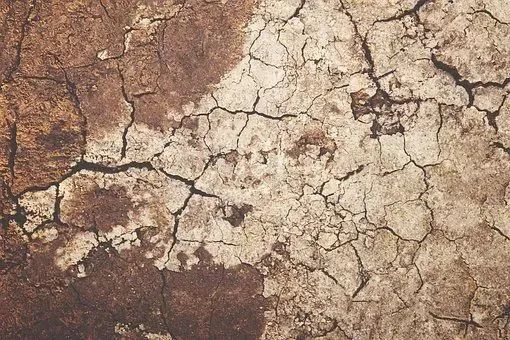5.12 14th National Disaster Prevention and Mitigation Day 5.7-5.13 Disaster Prevention and Mitigation Publicity Week
Writing scenery, expressing emotion, expressing ambition, feeling …
Poetry is the most classic of the Chinese nation through the ages.
The most unique emotional expression
In Qian Qian’s thousands of poems.
Disaster poetry is unique.
Go back to the distant time with us.
Looking for traces of disasters in China’s cultural genes
Taste the ancient poetry
The wisdom and spirit of ancient working people in fighting disasters.
Realize the preciousness of life and the importance of disaster prevention and mitigation.


There has been a severe drought in the world.
Yuan Shidaohui
God is in danger when he is in trouble, and when he meets a mandarin duck, he is in tears.
If there is no rain and grain in Kyushu, there will be no smokers in the stove.
Men and women hurt each other’s bodies, and Ma Niu killed blood into a pool.
The imperial court made her like a spark, lest the princes should give relief late.

God sent a drought, and the earth was devastated, and people’s faces were withered and tears filled their cheeks. There is no rain in Kyushu, the seedlings are withered, there is no smoke in the kitchen, and the people are starving. The people fought with each other, the corpses were all over the road, and the horses and cows were forcibly slaughtered, and the blood flowed into a pool. The imperial court sent envoys and officials in a hurry for fear that the local governor would not be able to provide relief.

(1) Siniperca chuatsi face: It describes a gaunt and emaciated face due to hunger.
2 Jiaoyi: full of cheeks.
③ Look: the pronoun of everyone and everyone.
(4) vassal: refers to the local governor who holds the local military and political power.
Shi Daohui (about 1266-1330) is empty in character. The penetration is unknown. Torinji, a famous monk in Lushan Mountain, has sung and returned with Wang Yuanliang, a adherent of the Song Dynasty, and literary celebrities such as Feng Zizhen, Cheng Jufu, Teng Yuxiao, Wu Cheng, Guan Yunshi, Lu Zhi and Shi Da. Influenced by the Jianghu Poetry School at the end of the Song Dynasty, his works are less pedantic, fresh and simple. There are four volumes of poetry anthology "Outside the Lushan Mountain" and 401 poems. When Jiang Su, a friend, prefaced The Collection Outside Lushan Mountain for three years, he compared it to "the Youlong of the Buddha Sea, the masterpiece of the empty forest". According to textual research, the poem was written in 1329, with a calendar of two years. According to the Biography of Zhang Yanghao in the Yuan Dynasty: "In the second year of the calendar, there was a drought in Guanzhong, and the hungry people ate each other, especially in Shaanxi."
In recent years, natural disasters such as COVID-19 epidemic, Australian mountain fires, catastrophic floods in Henan, and locust plagues in East Africa have made us have a deeper understanding of disasters. Then, how did the ancients in China face natural disasters? Therefore, we choose to turn our attention to China’s ancient writings about disasters.
The topic "Natural Disasters in Ancient Poems" was jointly produced and announced by Sichuan Disaster Prevention and Mitigation Education Center and Sichuan University’s "Collection and Research of Disaster Poems in Yuan Dynasty". The purpose is to enter the disaster reduction culture through the classics of Chinese studies, inherit the spirit of the ancients’ perseverance and common defense against disasters, feel the arduous course of Chinese people’s struggle against disasters from ancient times to the present, and understand the significance of disaster prevention and reduction to reality.
PS: Offline Exhibition of Natural Disasters in Ancient Poetry will be exhibited in Sichuan Disaster Prevention and Mitigation Education Center from May 12th to May 30th. Welcome to visit.
References: Ma Liangchun, chief editor of Li Futian. China Literature Dictionary Volume 5 [M]. Tianjin: Tianjin People’s Publishing House, 3090 pages.
Original title: Disaster Prevention and Mitigation Publicity Week | Natural Disasters in Ancient Poetry (1)
Read the original text
关于作者